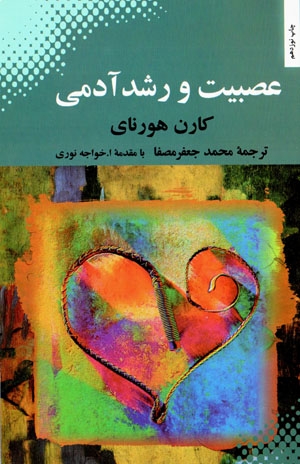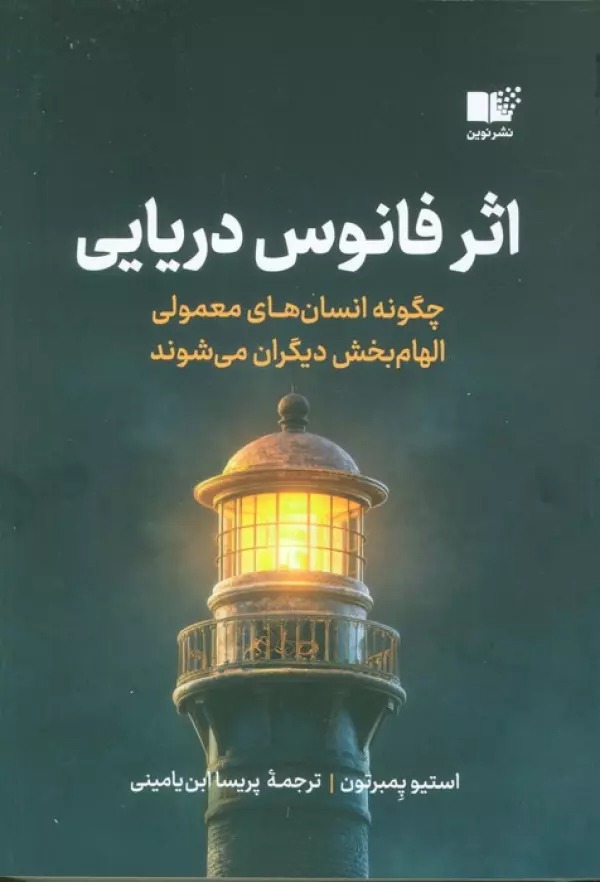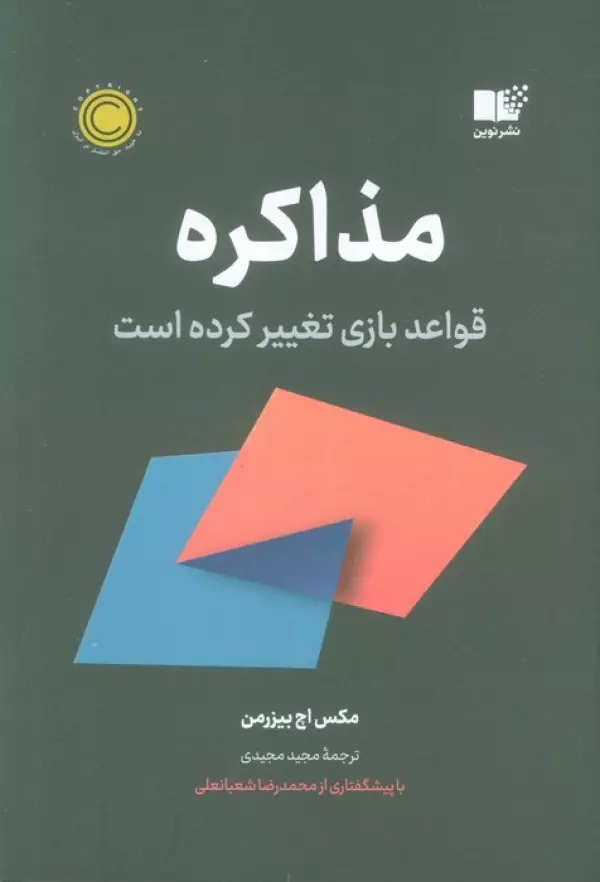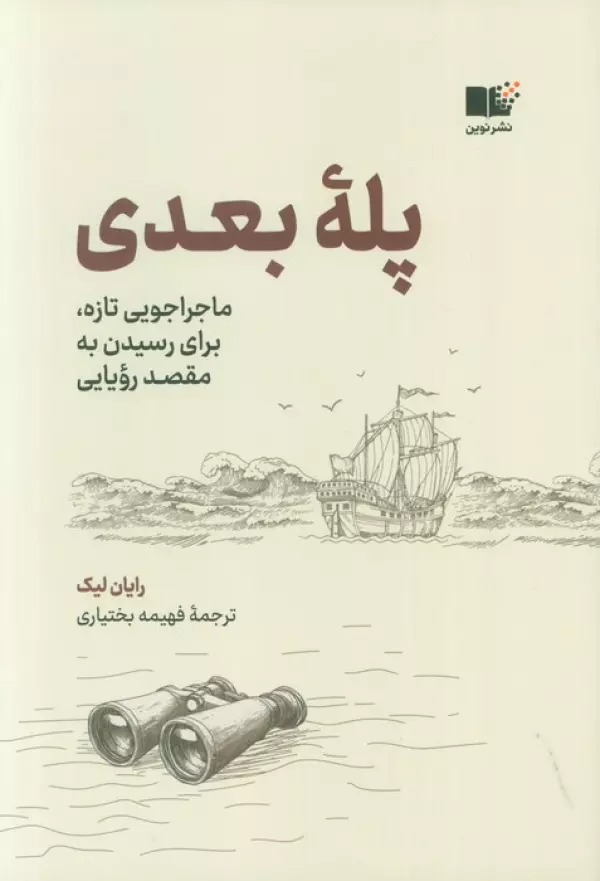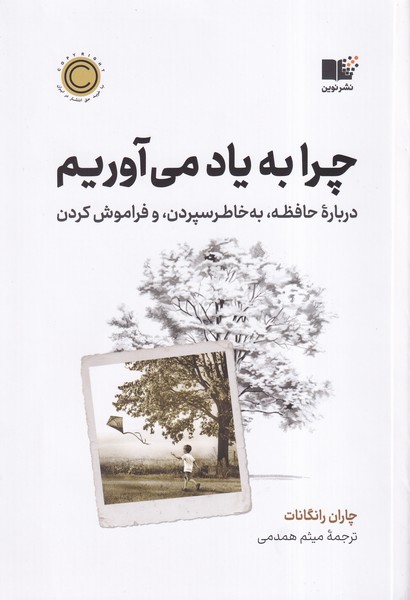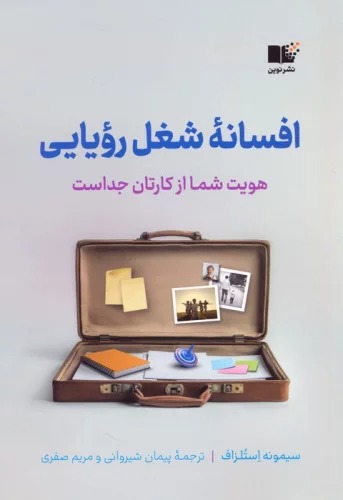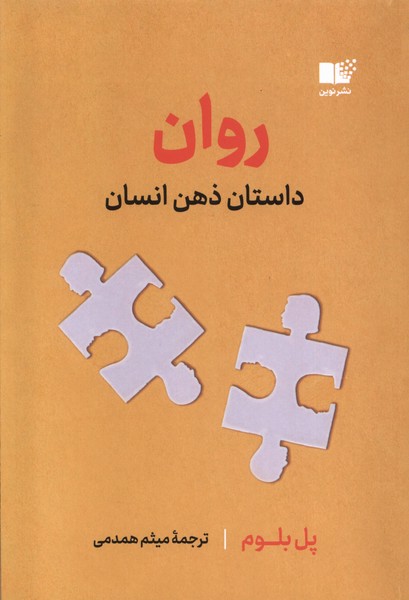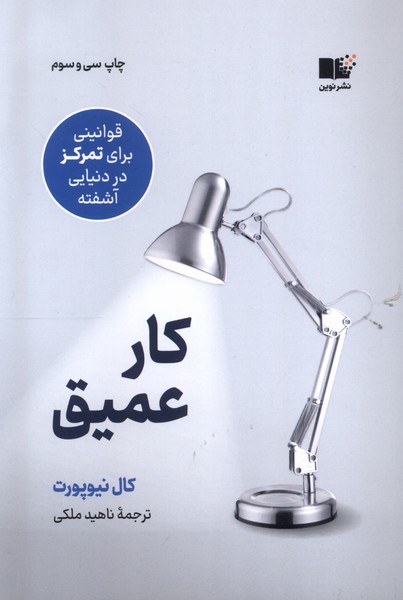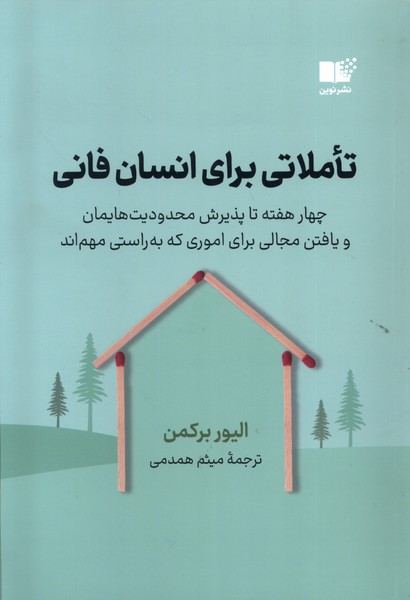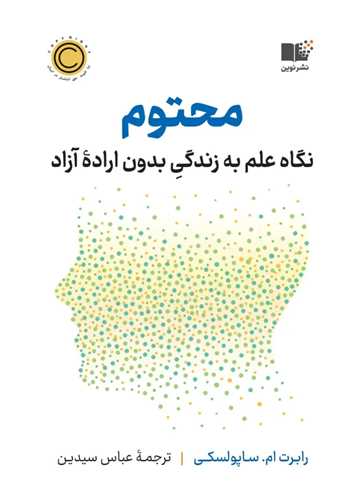Maghz-i rafīq-bāz: ʿAṣab-shināsī-yi dūstī, hamdalī va zindagī-yi ijtimāʿī Persiska (Farsi) 2025
مغز رفیق باز: عصب شناسی دوستی،همدلی و زندگی اجتماعی
Social Brain: The Neuroscience of Friendship is a scientific and deeply human exploration of the brain’s greatest need—connection and togetherness. In this book, Dr. Ben Rein, a neuroscientist at Stanford University, demonstrates that the human brain is not designed for isolation but for friendship, empathy, and love. According to him, just as our bodies need air and food to survive, our minds and emotions need connection to thrive.
Drawing on research in neuroscience and social psychology, Rein explains how every warm conversation, every smile, or human touch triggers the release of chemicals such as dopamine and oxytocin in the brain, strengthening feelings of joy, calm, and safety. In contrast, loneliness and isolation increase stress, depression, and even physical illness.
Through relatable examples from everyday life, Rein conveys a simple yet powerful message: friendship heals—sometimes even more effectively than medicine. He suggests that talking with a friend, sharing a loving hug, or showing kindness to a stranger can soothe the mind and mend the heart.
In the book’s final chapters, the author speaks in a more personal tone about love as the force that ensures our species’ survival—a love expressed through the bond between parent and child, close friendships, or romantic relationships. He reminds us that life loses part of its meaning without these connections.
For Rein, to be human is to be with others. Social Brain is therefore both a call for compassion and a reconciliation with a society sinking into loneliness—a reminder that our brains are, above all else, powered by friendship.
کتاب «مغز رفیقباز» اثری است علمی و انسانی دربارهی بزرگترین نیاز مغز ما: ارتباط و باهمبودن. دکتر بن راین، عصبشناس دانشگاه استنفورد، در این کتاب نشان میدهد که مغز انسان نه برای انزوا، بلکه برای دوستی، همدلی و عشق طراحی شده است. به گفتهی او، همانطور که بدن ما برای حرکت و تنفس نیازمند هوا و غذاست، ذهن و روان ما نیز برای بقا به ارتباط نیاز دارند. او با بهرهگیری از یافتههای عصبشناسی و روانشناسی اجتماعی توضیح میدهد که هر گفتوگوی صمیمانه، هر لبخند یا تماس انسانی، باعث ترشح موادی چون دوپامین و اکسیتوسین در مغز میشود که احساس شادی، آرامش و امنیت را تقویت میکنند. در مقابل، تنهایی و انزوا موجب افزایش استرس، افسردگی و حتی بیماریهای جسمی میشود. راین با مثالهایی از زندگی روزمره، این پیام ساده را منتقل میکند که دوستی درمان است؛ گاهی حتی موثرتر از دارو. او میگوید گفتوگو با یک دوست، آغوشی از محبت یا حتی مهربانی با یک غریبه، میتواند ذهن را آرام کند و قلب را نجات دهد. در بخشهای پایانی، نویسنده با زبانی انسانیتر، از عشق بهعنوان نیروی بقای گونهی ما سخن میگوید؛ عشقی که در پیوند والد و فرزند، دوستی صمیمی یا رابطهی عاشقانه جلوهگر میشود. او یادآوری میکند که زندگی بدون این پیوندها، چیزی از معنای خود از دست میدهد. به باور راین، انسان بودن یعنی با دیگران بودن. کتاب «مغز رفیقباز» فراخوانی است برای بازگشت به مهربانی، برای آشتی با جامعهای که در تنهایی غرق شده، یادآوری اینکه مغز ما، بیش از هر چیز، از رفاقت نیرو میگیرد.



